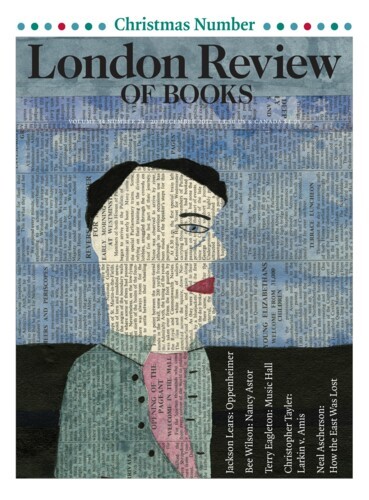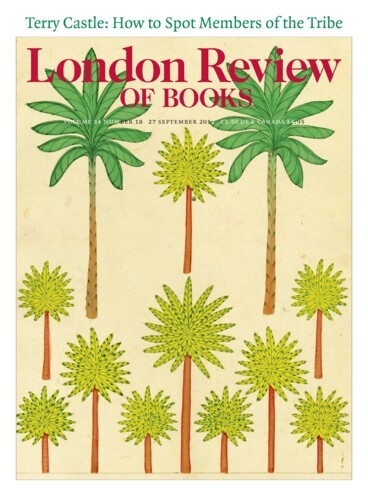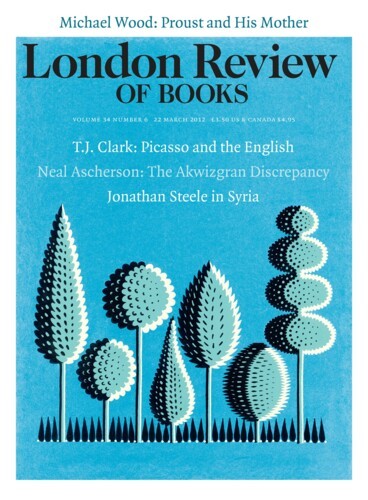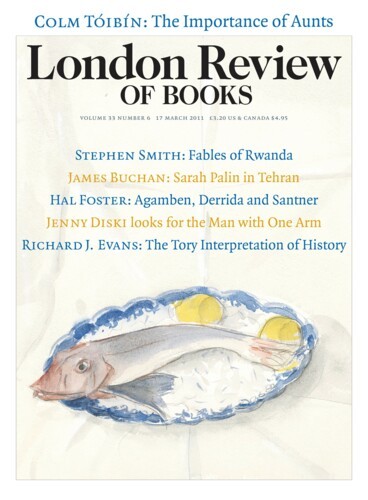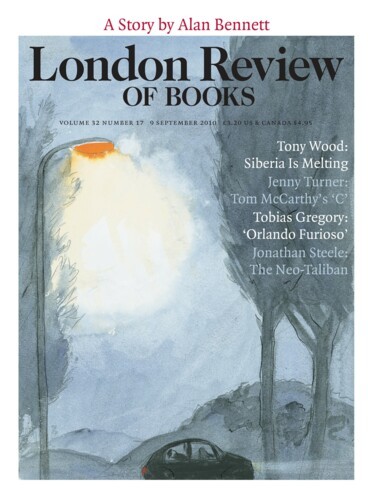Another War Lost: In Afghanistan
Jonathan Steele, 20 December 2012
Russia’s man in Kabul, Andrey Avetisyan, has been travelling to Afghanistan since 1983, when he was a student of Pashto during the Soviet occupation. When Gorbachev took power and started negotiating the Soviet withdrawal Avetisyan was sent to Kabul for two years as a diplomat. He went back again in 1989, after the troops left, and watched Najibullah’s Soviet-backed regime survive...
